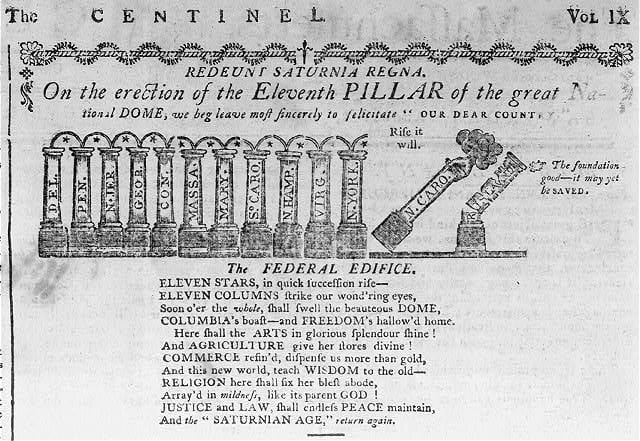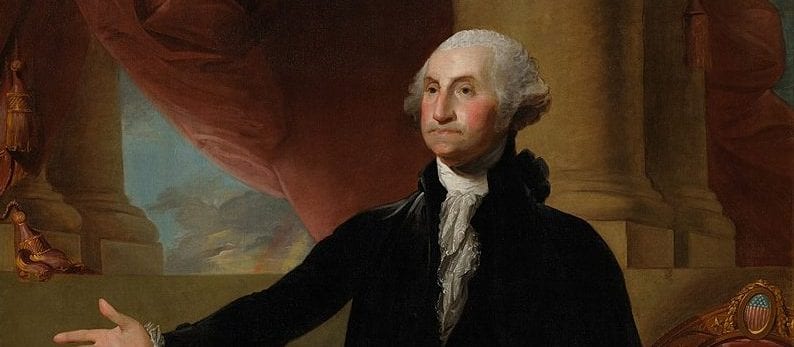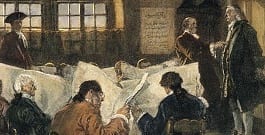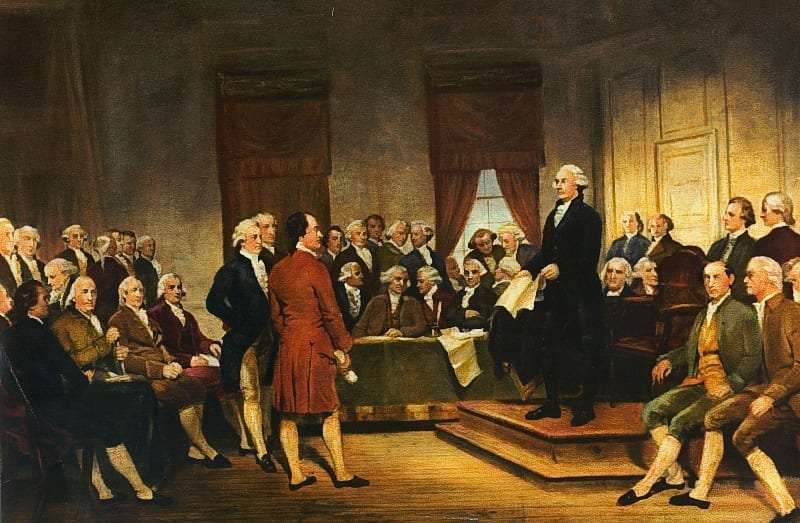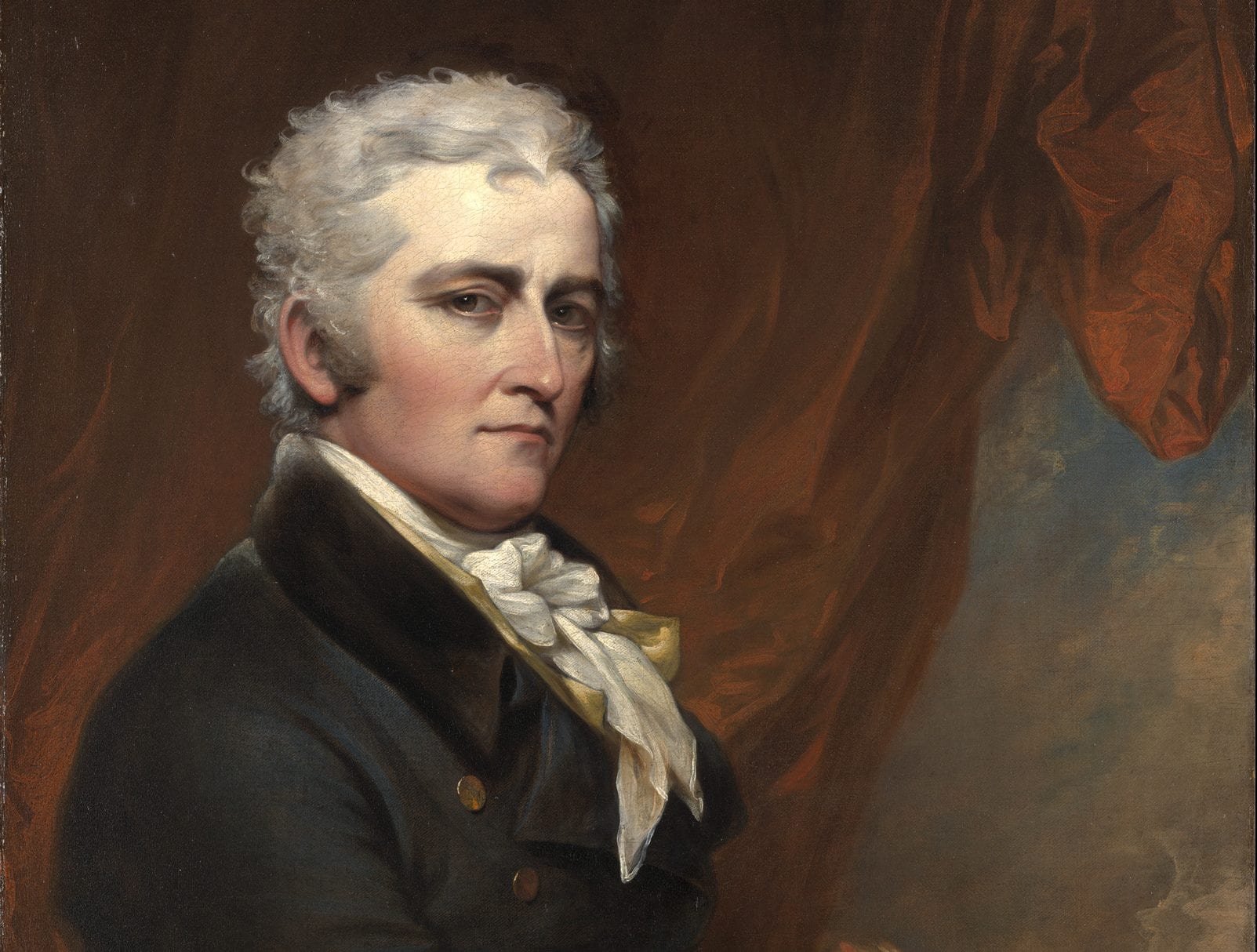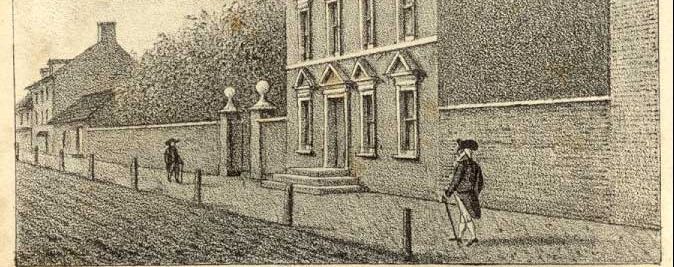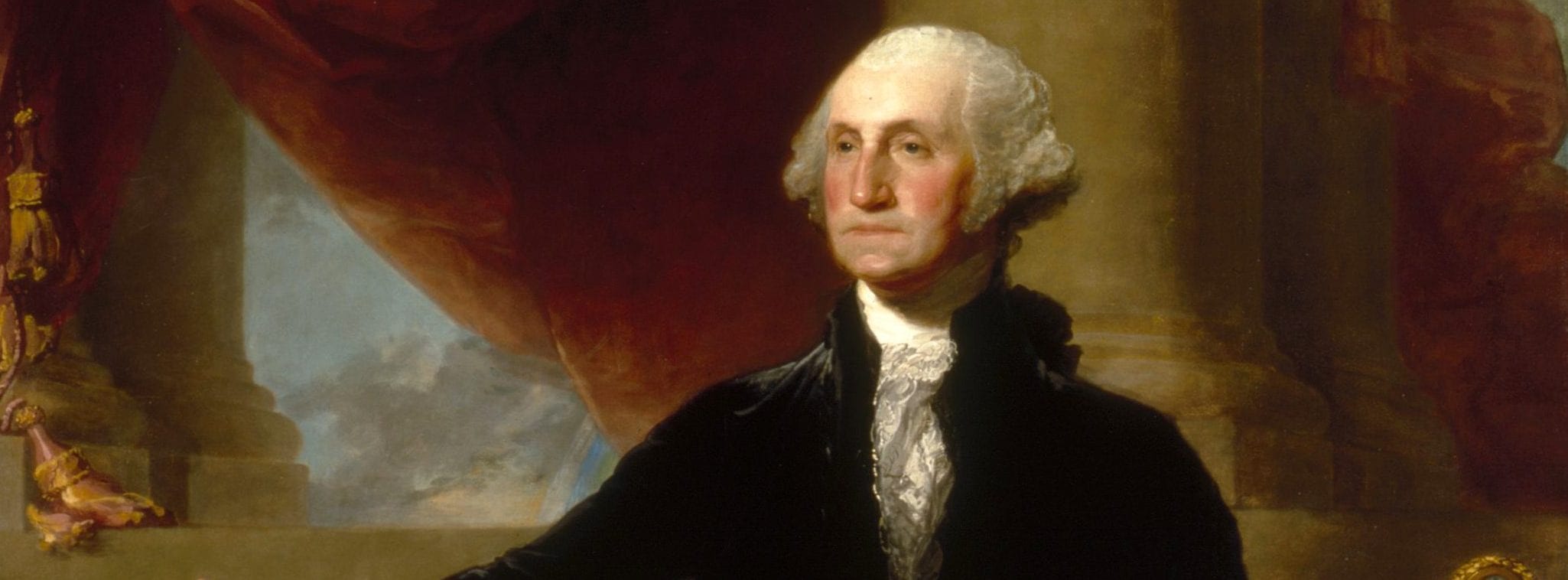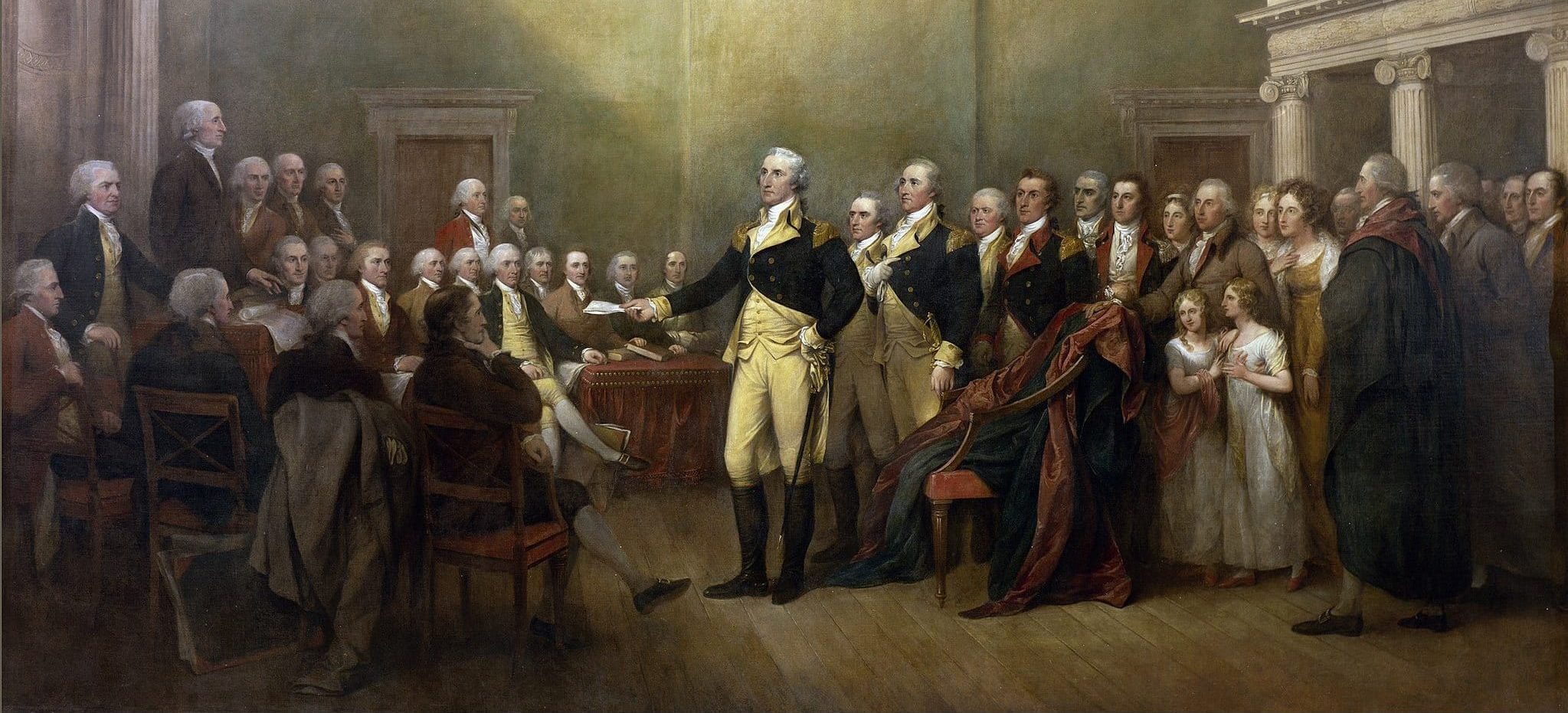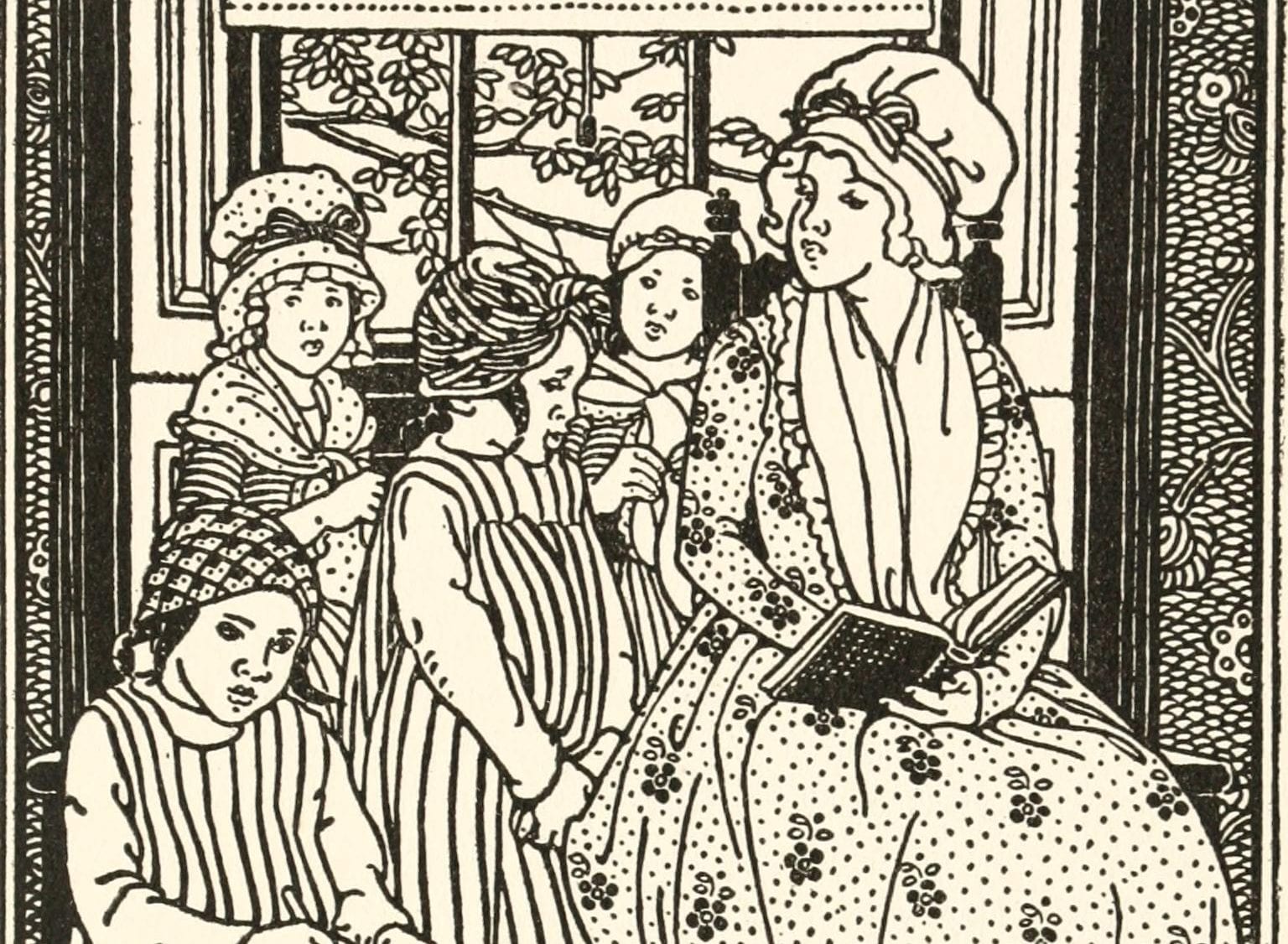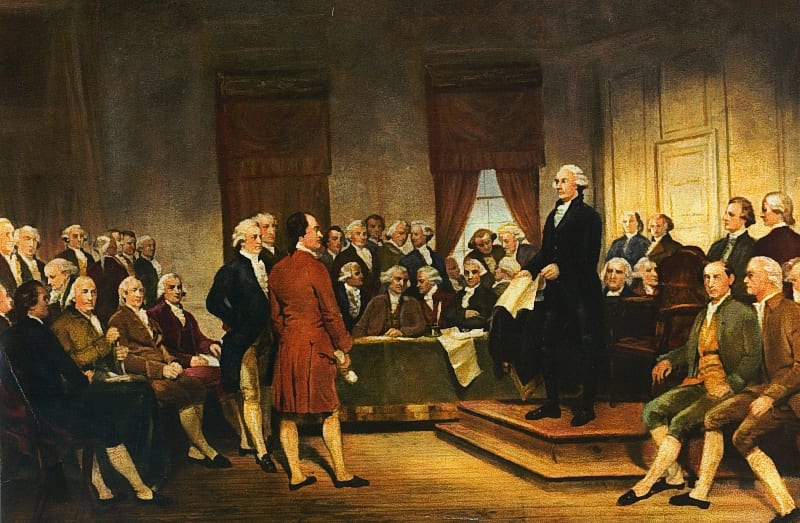
The world has, from time to time, been led into such a long maze of mistakes by those who gained by deceiving, that whoever would instruct mankind, must begin with removing their errors; and if they were everywhere honestly apprized of truth, and restored to their senses, there would not remain one nation of bigots or slaves under the sun: A happiness always to be wished, but never expected!
In most parts of the earth there is neither light nor liberty; and even in the best parts of it they are but little encouraged and coldly maintained; there being, in all places, many engages, through interest, in a perpetual conspiracy against them. They are the two greatest civil blessings, inseparable in their interests and the mutual support of each other; and whoever would destroy one of them must destroy both. Hence it is, that we everywhere find tyranny and imposture, ignorance and slavery, joined together; and oppressors and deceivers mutually aiding and paying constant court to each other. Wherever truth is dangerous, liberty is precarious.
Of all the sciences that I know in the world, that of government concerns us most, and is the easiest to be known, and yet is the least understood. Most of those who manage it would make the lower world believe that thee is not what difficulty and mystery in it, far above vulgar understandings; which proceeding of theirs is direct craft and imposture: Every ploughman knows a good government from a bad one, from the effects of it: he knows whether the fruits of this labor be his own, and whether he enjoy them in peace and security: and if he do not know the principles of government, it is for want of thinking and enquiry, for they lie open to common sense; but people are generally taught not to think of them at all or to think wrong of them.
What is government but a trust committed by all or the most to one, or few, who are to attend upon the affairs of all, that every one may, with the more security attend upon its own? A great and honorable trust; but too seldom honorably executed; those who possess it having it often more at heart to increase their power, than to make it useful; and to be terrible, rather than beneficent. It is therefore a trust, which ought to be bounded with man and strong restraints, because power renders men wanton, insolent to others, and fond of themselves. Every considerable, ought to meet with proportionable punishment; and the smallest violation of it ought to meet with some, because indulgence to the least faults of magistrates may be cruelty to a whole people.
Honesty, diligence, and plain sense, are the only talents necessary for the executing of this trust; and the public good is its only end: As to refinements and fitnesses, they are often only the fake appearances of wisdom and parts, and oftener tricks to hide guilt and emptiness; and they are generally mean and dishonest: they are the arts of jobbers in politicks, who, playing their own game under the public cover, subsist upon poor shifts and expedients; starved politicians who live from hand to mouth, from day to day, and following the little views of ambition, avarice, revenge and the like personal passions, are ashamed to avow them, yet want souls great enough to forsake them; small wicked statesmen, who make a private market of the public, and deceive it, in order to sell it.
These are the poor parts which great and good governors scorn to play, and cannot play; their designs, like their stations, being purely public, are open and undisguised. They do not consider their people as their prey, nor lie in ambush for their subjects; nor dread, and treat and surprise them like enemies, as all ill magistrates do; who are not governors, but Jaylors and Spunges, who chain them and squeeze them, and yet take it very ill if they do but murmur; which is yet much less than a people so abused ought to do. There have been times and countries, when public ministers and public enemies have been the same individual men. What a melancholy reflection is this, that the most terrible and mischievous foes to a nation should be its own magistrates. And yet in every enslaved country, which is almost every country, this is their woeful case.
But some have said, it is not the business of private men to meddle with government. A bold, false, and dishonest saying; and whoever says it, either knows not what he says, or cares not, or slavishly speaks the sense of others. It is a can’t now almost forgot in England, and which never prevailed but when liberty and the constitution were attacked, and never can prevail but upon the like occasion.
What is the public, but the collective body of private men, as every private man is a member of the public? And as the whole ought to be concerned for the preservation of every private individual, it is the duty of every individual to be concerned for a the whole, in which himself is included.
One man of a few men have often pretended the public, and meant themselves and consulted their own personal interest, in instances essential to its well-being; but the whole people by consulting their own interest, consult the public, and act for the public by acting for themselves: This is particularly the spirit of our constitution, in which the whole nation is represented; and our records afford instances, where the House of Commons have declined entering upon a question of importance, till they had gone into the country, and consulted their principals, the people: So far were they from thinking that private men had no right to meddle with government. In truth, our whole worldly happiness and misery (abating for accidents and diseases) are owing to the order or mismanagement of government; and he who says that private men have no concern with government, does wisely and modestly tell us, that men have no concern in that which concerns them most; it is saying that people ought not to concern themselves whether they be naked or clothed, fed or starved, deceived or instructed, and whether they be protected or destroyed: What nonsense and servitude in a free and wise nation.
For myself, who have thought pretty much of these matters, I am of opinion , that a whole nation are like to be as much attached to themselves, as one man or a few men are like to be, who may by many means be detached from the interest of a nation. It is certain that one man, and several men, may be bribed into an interest opposite to that of the public; but it is as certain that a whole country can never find an equivalent for itself, and consequently a whole country can never be bribed. It is the eternal interest of every nation that their government should be good; but they who direct it frequently reason a contrary way, and find their own account in plunder and oppression; and while the public voice is pretended to be declared, by one or a few, for vile and private ends, the public know nothing of what is done, till they feel the terrible effects of it.
By the Bill of Rights, and the Act of Settlement, at the Revolution, a right is asserted to the people of applying to the king and to the Parliament, by petition and address for a redress of public grievances and mismanagements, when such there are, of which they are left to judge; and the difference between free and enslaved countries lies principally here, that in the former, their magistrates must consult the voice and interest of the people; but in the later the private will, interest, and pleasure of the governors are the sole end and motives of their administration.
Such is the difference between England and Turkey, which difference they who say that private men have no right to concern themselves with government, would absolutely destroy; they would convert magistrates into bashaws, and introduce popery into politics. The late revolution stands upon the very opposite maxim; and that any man dares to contradict the revolution, would be amazing, did we not know that there are in every country, hirelings who would betray it for a sop.
Draft Constitution for Virginia
June 13, 1776
Conversation-based seminars for collegial PD, one-day and multi-day seminars, graduate credit seminars (MA degree), online and in-person.




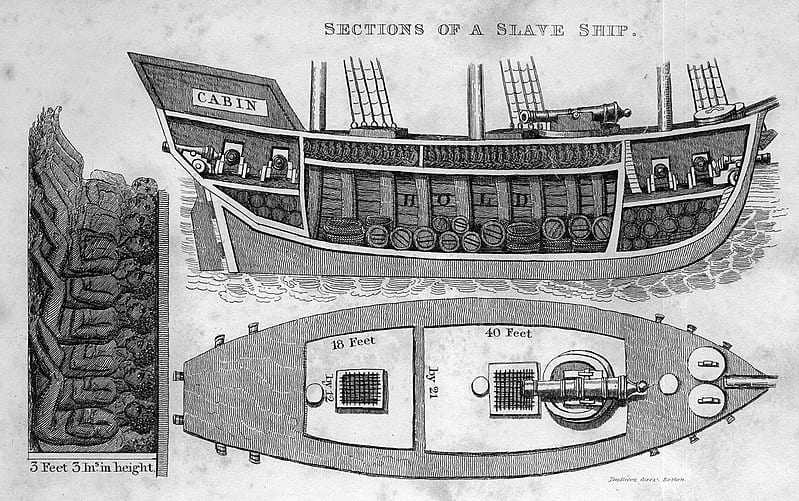






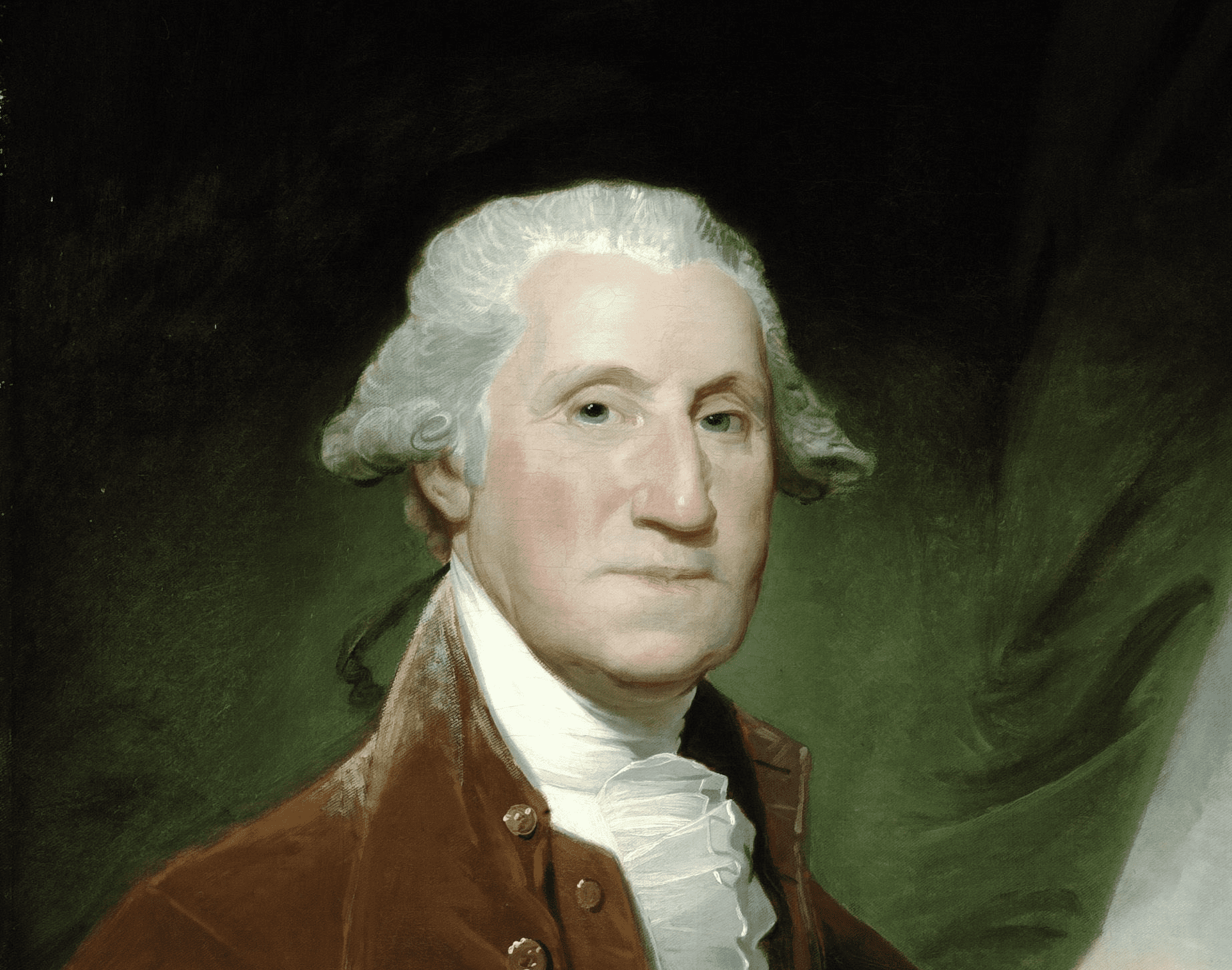















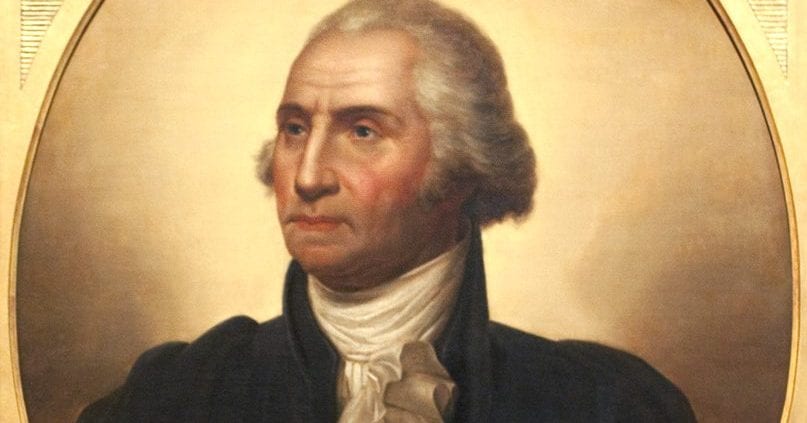
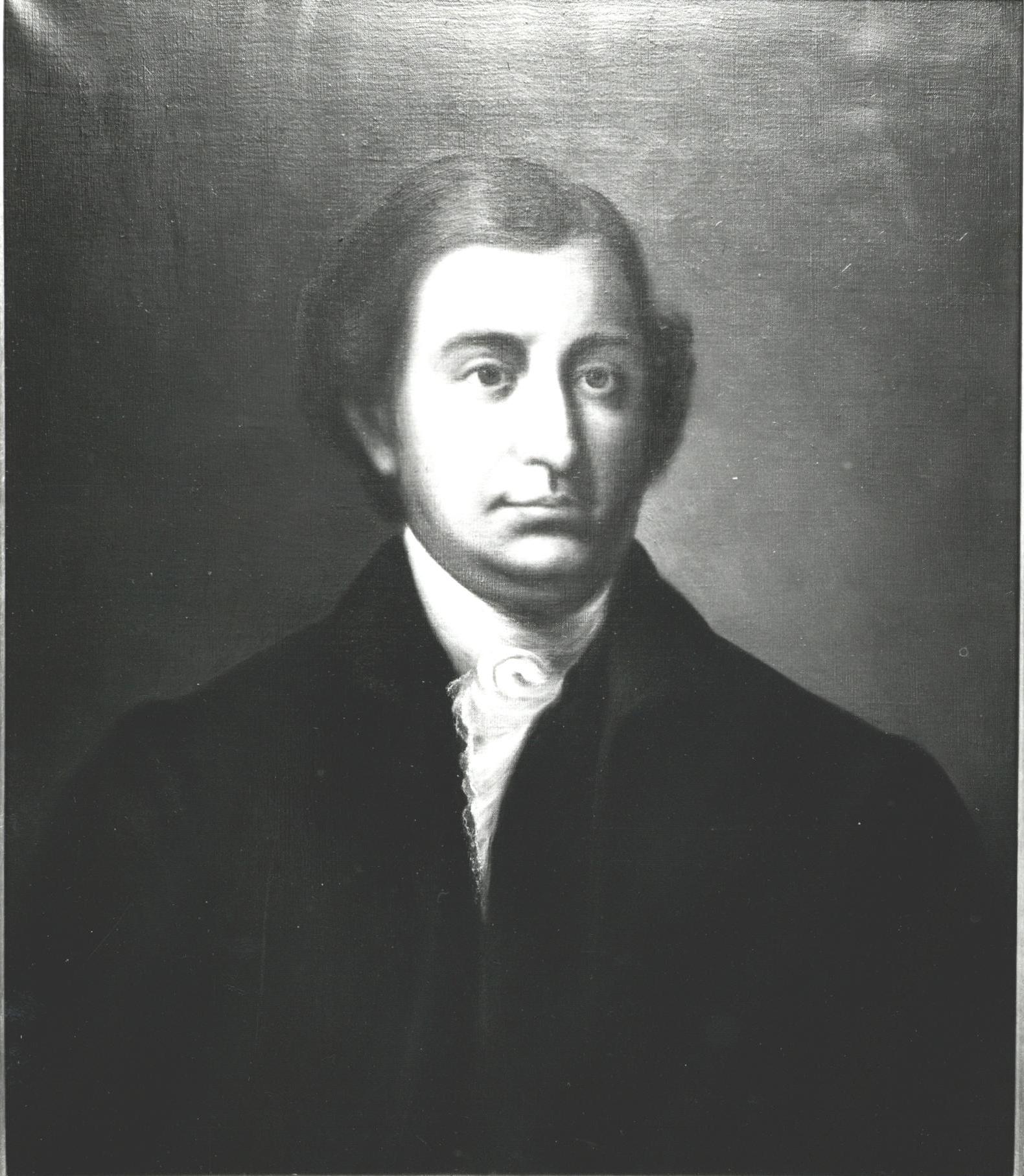
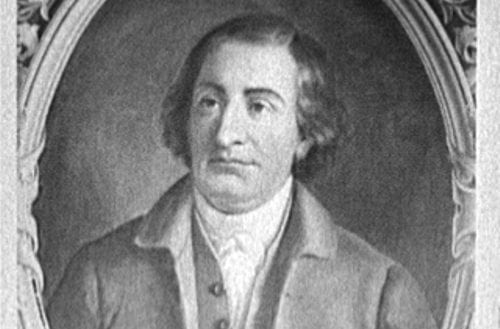
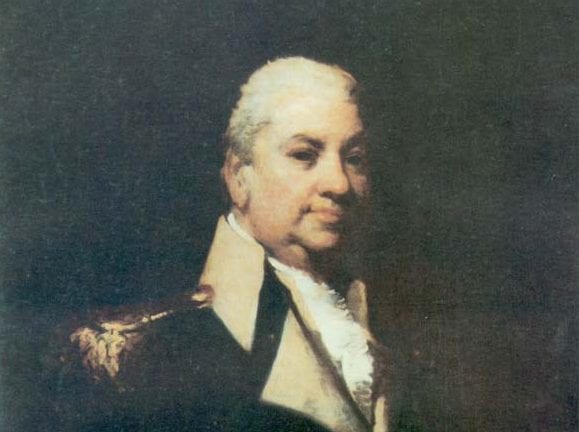




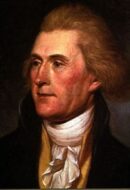













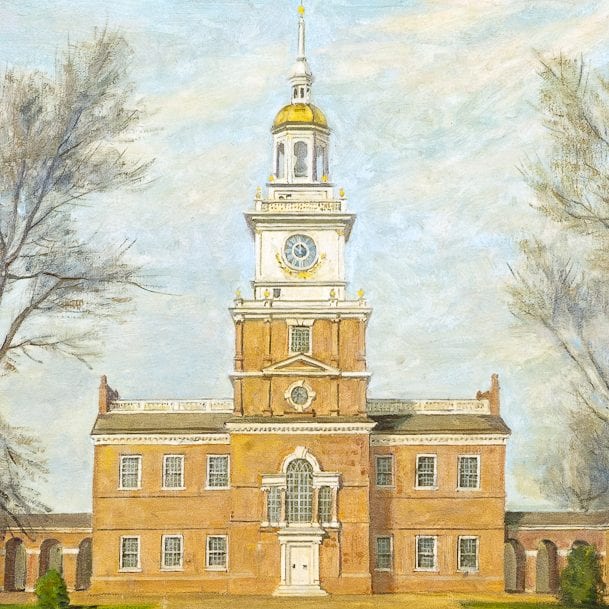

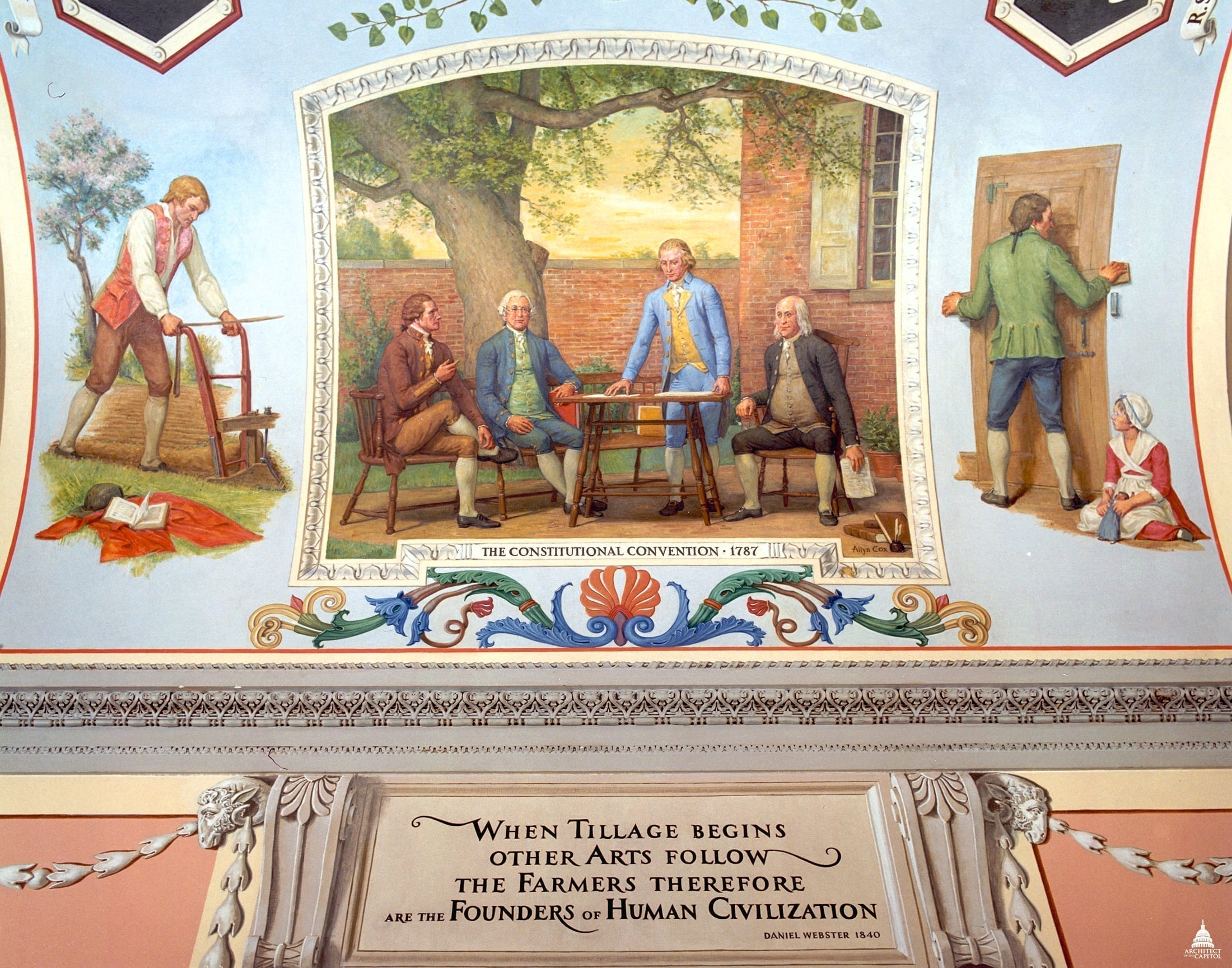

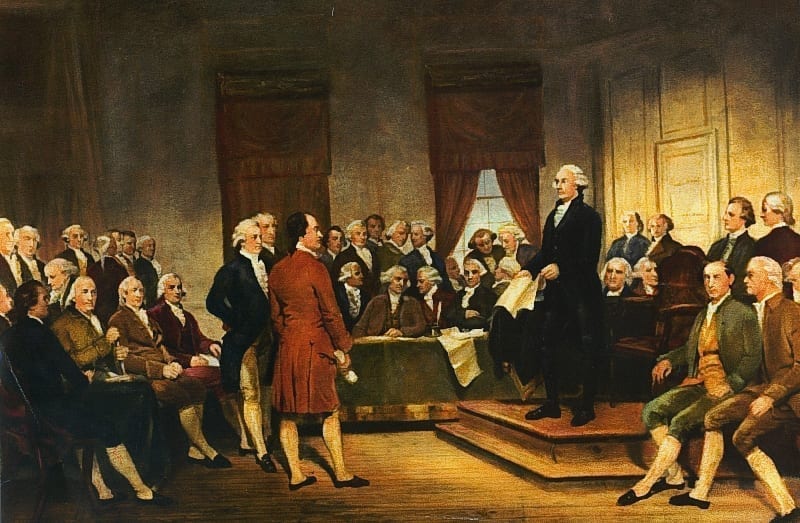


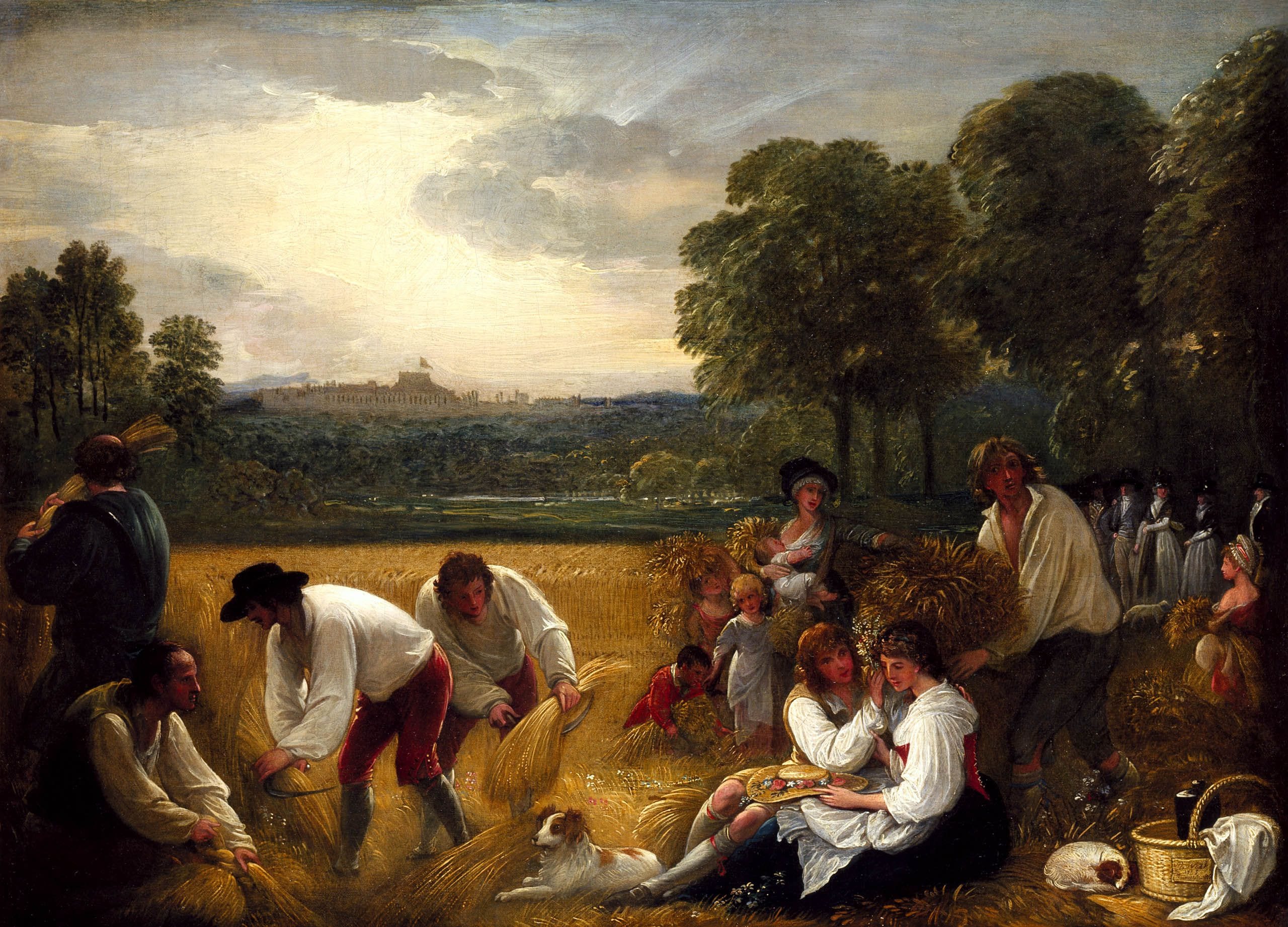


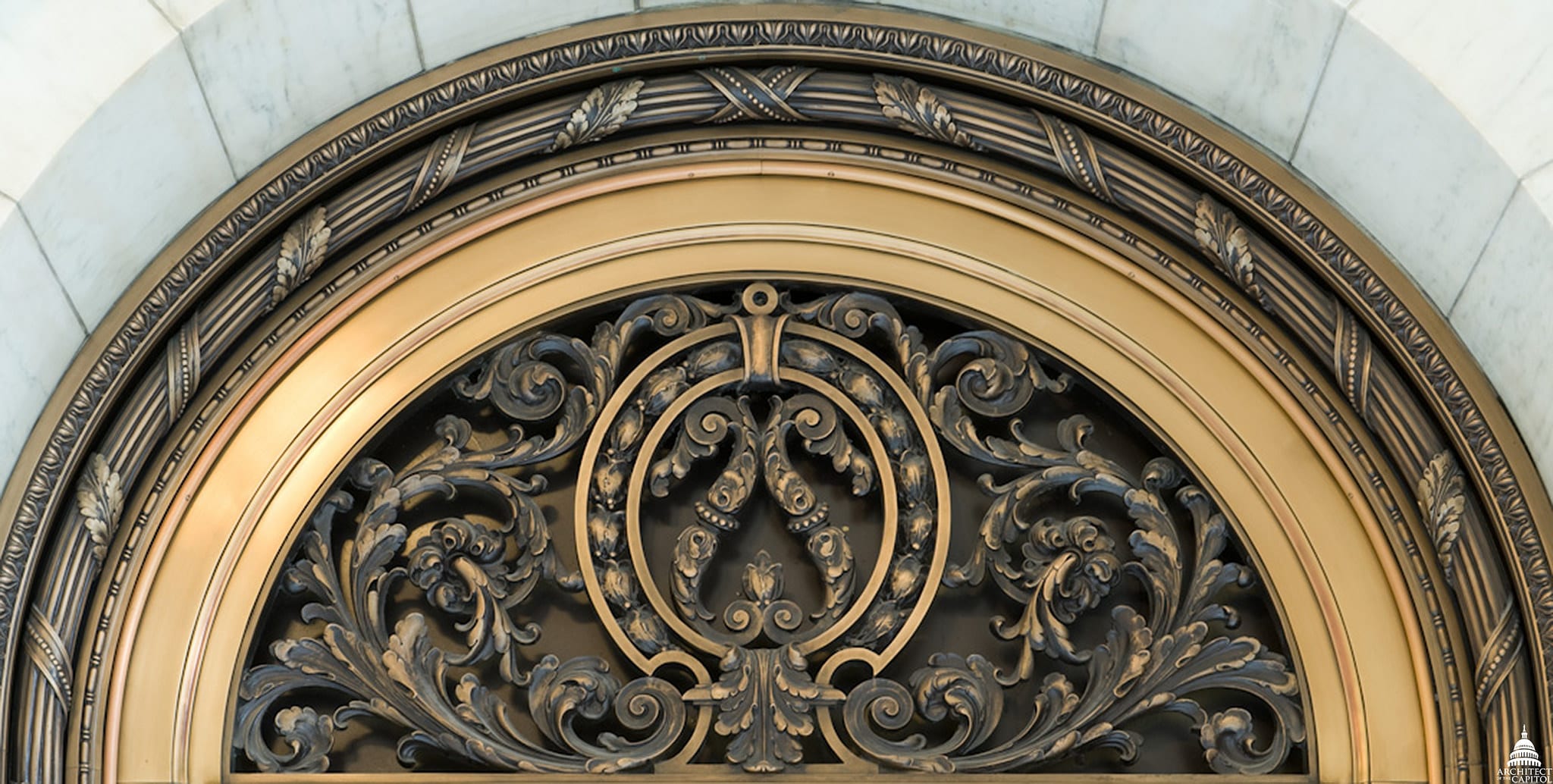













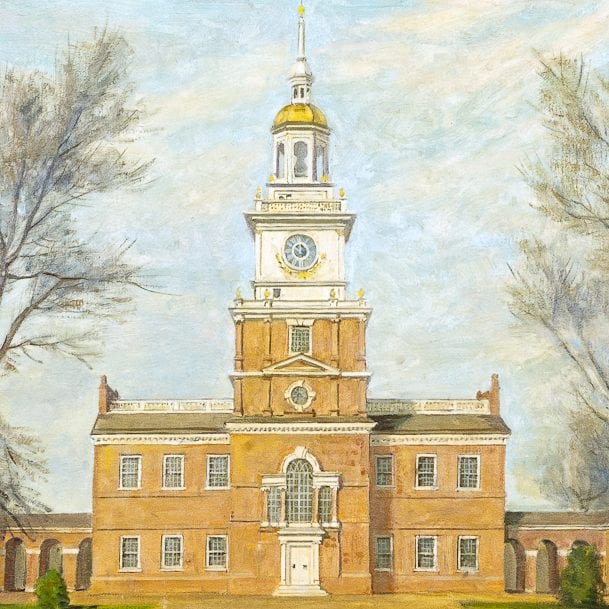
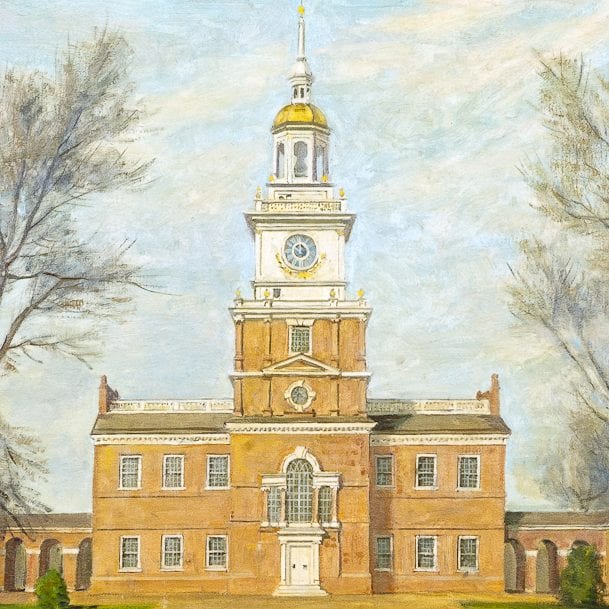






































































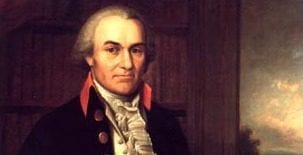



























![Finley, A. (1829) Pennsylvania. Philada. [Map] Retrieved from the Library of Congress, https://www.loc.gov/item/98688548/.](/content/uploads/2024/02/Map-of-PA--273x190.jpg)





















